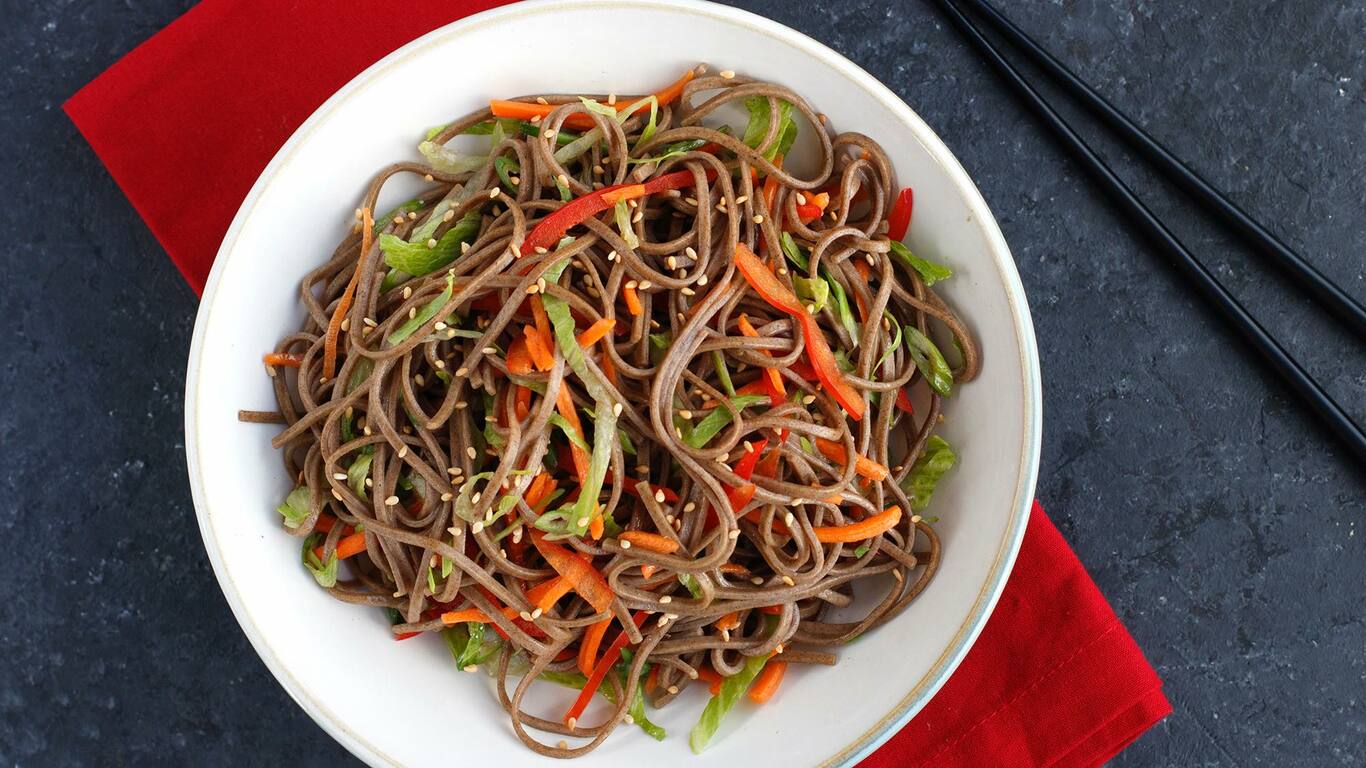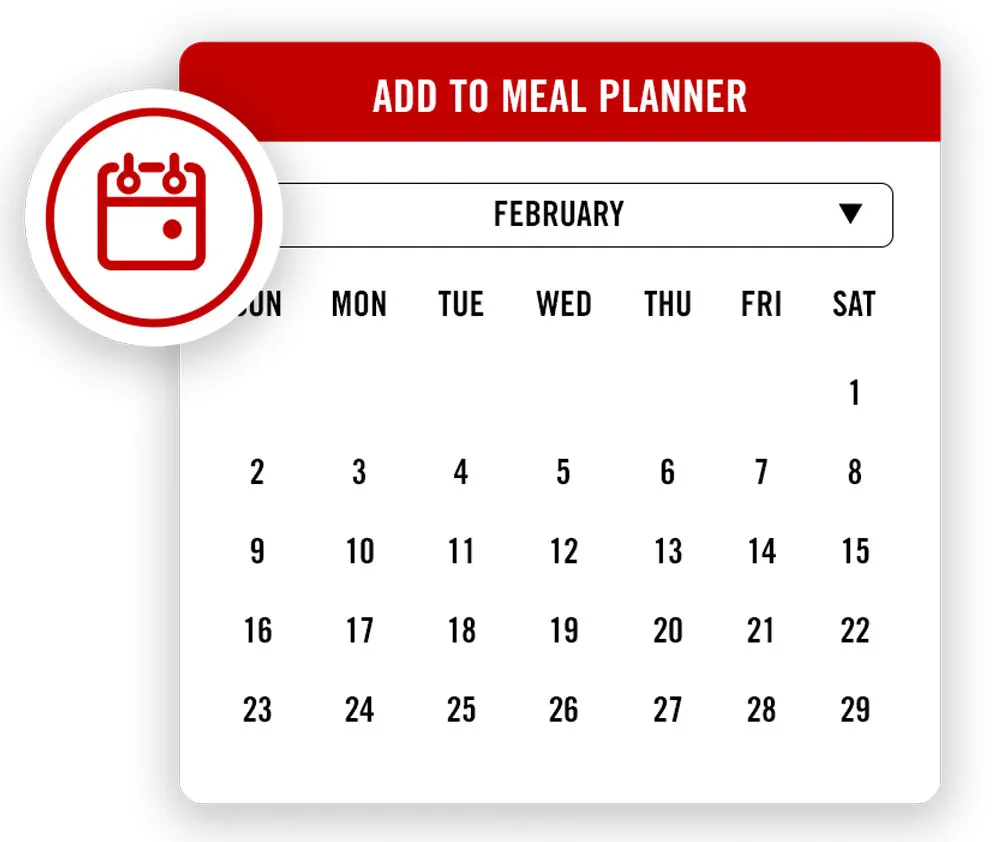The combination of cold, chewy homemade soba noodles with steaming-hot crispy duck and dashi-enriched dipping sauce is an unparalleled delight. Timing is key when making this dish—cook the soba just before you serve.
Just a decade ago, Sonoko Sakai was burned out. That's when she washed her hands of a career in the film industry to focus on something more restorative: the art of making soba noodles. Even after writing an award-winning cookbook, Japanese Home Cooking, and leading countless workshops and webinars on soba making, Sakai still cherishes the process of kneading, cutting, and preparing the Japanese buckwheat noodles by hand, which requires a special focus.
"All of my senses are working—that's what I love about soba. You have to be particularly alert," says Sakai. For Sakai, the process of making soba is a soothing act that's all about trusting her senses, whether that's running her fingers through crumbly buckwheat flour and making slight adjustments to the dough, or tasting and tweaking the simmering umami-rich broth destined for slurping up with the cooked noodles. Even her signature instructions for how to bring the water and buckwheat flour together in loose, circular motions with one's hands come down to learning to rely on intuition. "You put water in the flour, you start mixing it, and you have a conversation with the dough. It's a humbling experience.
"Whether you're working with a soba kiri, the specialized knife used to cleave dough into strands of noodles in one motion (see "The Slice Is Right," below, for Sakai's favorite one), or relying on a trusty chef's knife to do the trick, Sakai emphasizes that from- scratch soba noodles can be in any- one's wheelhouse, regardless of experience or equipment. The ingredients are simple; the process is rewarding. "I want people to feel relaxed about Japanese food. There's not one thing I enjoy about soba making—it's everything," says Sakai. "Every time I make it, it's a celebration."
The Best Way to Make Soba Noodles
Cookbook author Sonoko Sakai shows the best way to make soba noodles at home.
1. Mix Dough
Gradually add water to sifted flour mixture, tossing with your fingertips until flour is incorporated and forms a crumbly mixture.
2. Work Dough
Using the palms of your hands, knead the mixture in a circular motion until it begins to form small clumps, about 2 minutes.
3. Knead Dough
Gather dough and shape into a large ball; knead until it is semi-firm and smooth. Press the ball into a 1-inch-thick disk.
4. Roll Dough
On a surface dusted with tapioca starch, roll dough into an 18-inch square (about 1/8 inch thick). Trim edges to create an even square.
5. Fold Dough
Sprinkle half of dough with tapioca starch; fold in half lengthwise. Sprinkle again, and fold in half to create a 9-inch square with 4 layers of dough
6. Cut Noodles
Using a ruler or cutting guide (pictured; see "The Slice Is Right," below), cut dough into thin noodles. Tap on cutting board to remove excess starch.
7. Cook & Cool Noodles
Cook noodles according to recipe directions. Using a strainer, transfer noodles to a colander set in a bowl of ice water. Remove colander, and rinse noodles under cold running water. Drain and rinse again. Serve soba noodles cold with Crispy Duck and Hot Dipping Sauce.
The Slice Is Right
While you can easily use a ruler and chef's knife to cut soba noodles, level up your game with these dedicated soba-making tools from California-based Hitachiya USA. The stainless steel soba kiri has a heavy blade that cuts noodles in one even motion, while a wood koma ita, or cutting guide, makes precision effortless.
This article was from Food & Wine and was legally licensed through the Industry Dive publisher network. Please direct all licensing questions to legal@industrydive.com.







